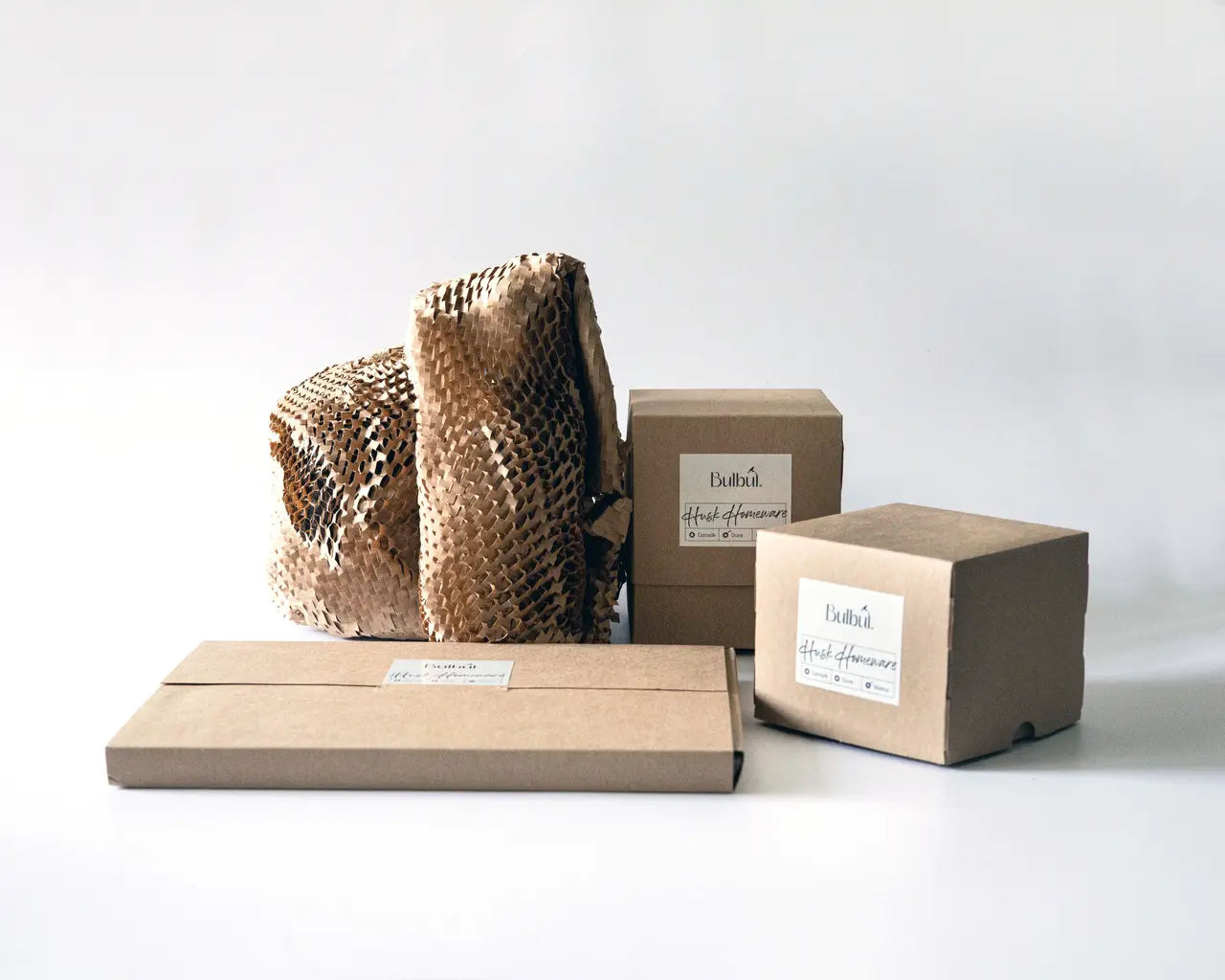
From Design to Delivery: The Journey of Sustainable Lifestyle Products
Introduction to sustainable lifestyle products
Sustainable lifestyle products are environmentally friendly items that are made with materials and processes that aim to minimize harm to the planet. These products are designed to be long-lasting, recyclable, or biodegradable, reducing waste and promoting a more eco-conscious way of living. Sustainable lifestyle products can range from clothing and accessories to home goods and beauty products. By choosing these products, consumers contribute to the preservation of the environment and support companies that prioritize sustainability in their production methods.
Designing eco-friendly products
When designing eco-friendly products, companies focus on using materials that are kind to the environment. They pay attention to how the products are made, ensuring they have minimal impact on nature. Some common practices include:
- Using recycled materials
- Reducing energy consumption during production
- Minimizing waste generation
By incorporating these strategies, companies aim to create products that promote sustainability and minimize harm to the planet.
Materials and manufacturing processes
Sustainable lifestyle products are often made from eco-friendly materials to minimize harm to the environment. With all aspects of the product’s lifecycle well thought out and considered. These materials can include recycled plastic, bamboo, and also cutting edge materials like thermoplastic wood, biocomposites and mineralized diatom ceramics. The manufacturing processes for these products focus on reducing carbon emissions and waste. Energy-efficient machinery and water-saving techniques are commonly used. Additionally, some brands prioritize local production to decrease transportation-related pollution.
Ethical considerations in sustainable product design
When designing sustainable products, ethical considerations play a crucial role. It involves ensuring that the materials used are environmentally friendly and sourced responsibly. Also, the production processes should prioritize workers’ well-being and fair labor practices. Designers need to think about the ethical impact their choices have on the environment and society. By embracing ethical principles, sustainable product design can create a positive impact on both people and the planet.
Packaging and delivery strategies
When it comes to packaging and delivery strategies for sustainable lifestyle products, there are key considerations to ensure eco-friendly practices are maintained throughout the entire process. Here are some important points to keep in mind:
- Minimize Packaging Waste: Using minimal and recyclable packaging materials helps reduce environmental impact.
- Biodegradable Options: Opting for biodegradable packaging materials ensures a more sustainable end-of-life for the packaging.
- Efficient Delivery Routes: Planning efficient delivery routes helps reduce fuel consumption and carbon emissions.
- Reusable Packaging: Implementing reusable packaging options encourages customers to participate in a circular economy.
- Collaboration with Sustainable Logistics Providers: Partnering with eco-friendly logistics providers can further enhance the sustainability of the packaging and delivery processes.
By implementing these strategies, the journey from design to delivery of sustainable lifestyle products can uphold environmentally conscious practices.
Supply chain management for sustainability
In sustainable supply chain management, companies focus on reducing environmental impacts and promoting ethical practices throughout the product’s journey. This involves sourcing materials responsibly, minimizing waste, and ensuring fair treatment of workers. By implementing sustainable practices, businesses can create products that are eco-friendly and socially responsible.
Benefits of choosing sustainable lifestyle products
Choosing sustainable lifestyle products benefits both the environment and your well-being. Here are some advantages:
- Environmental Impact: Using sustainable products reduces waste and helps conserve natural resources.
- Healthier Living: These products often contain fewer harmful chemicals, promoting a healthier lifestyle.
- Supporting Ethical Practices: By choosing sustainable products, you support companies that prioritize ethical production methods.
Challenges in the sustainable product industry
Creating sustainable products is essential for the environment, but it’s not without challenges. One of the primary obstacles in the sustainable product industry is the higher cost of materials and production methods. This can make sustainable products more expensive for consumers. Additionally, finding eco-friendly alternatives that meet quality and performance standards can be difficult. Manufacturers also face challenges in marketing sustainable products to a wider audience and educating consumers about the benefits of choosing sustainable options. Despite these obstacles, the trend towards sustainable living is growing, driving innovation and solutions to overcome these challenges.
Conclusion: Embracing a sustainable lifestyle
Embracing a sustainable lifestyle is not just about individual choices; it is a mindset that can positively impact our planet. By supporting and using sustainable lifestyle products, you contribute to a healthier environment and a more sustainable future for generations to come. Remember, even small changes in your daily habits can make a significant difference. So, continue to educate yourself, make conscious decisions, and inspire others to join you on this journey towards a more sustainable and greener world.

